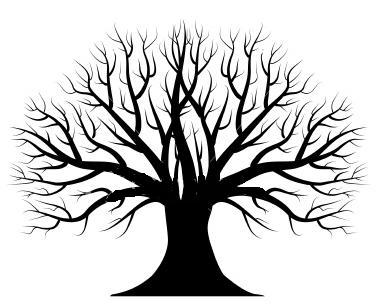I had the honor and privilege to recently attend the wedding reception of my lovely niece and her groom--each age 31, plus. It is a first marriage for each. It was a compromise of certain traditional elements with the wonderfully quirky originality of the bride and the groom. Also, over the course of the weekend celebrations, I spend much time with one of my wonderful sons who also happens to be over 30 and single.
Friday morning, while having that second cup of coffee, I heard an interview with Dr. Andrew Cherlin, a sociologist at Johns Hopkins University and author of "The Marriage-Go-Round: The State of Marriage and the Family in America Today." Dr. Cherlin reported that in the generation of my mother (a lively 85, thank you very much), marriage was the threshold to adulthood. Young men and women typically lived at home until marriage. Once married, the young couple would move into an apartment, work, start a family and eventually buy a home. My mother married my father in 1952 when she was 26 years old - a bit long in the tooth compared to the average of 20 years old at that time. Mom had also attended college and had her B.S. and worked before she met and married my dad. I can only imagine what my paternal grandfather thought of the "old woman" my dad brought home as I recall my grandfather telling me, when I was almost 18, that I was over-the-hill and needed to start looking for a husband--soon. Grandma was 16 when she married Grandpa. I guess I may have started looking a little hopelessly spinsterish to him by those standards.
Studies show that the average age for a bride is now 27 years and the average age for the groom is 28 years. There are many thresholds to adulthood now days that are attained before marriage--careers, homes, even starting a family. A Rutgers study states that one of the primary reasons that the average marriage age is increasing is because sex is accessible to men without marriage. An economic study maintains that people value the institution of marriage. With the no-fault divorce movement which occurred in the past thirty-plus years in the U.S., those who value marriage are waiting to be sure that the mate is the "right" one in order to avoid a protracted and expensive divorce.
How does this impact family law? In many ways, it doesn't. Starting a family before marriage still results in custody disputes when the parties end their relationship--don't mean a thing if you ain't got that ring--when it comes to child custody issues. If the couple who waited to marry does end up divorcing, it is likely that there is more separate property to be traced. The delay in marriages could increase the number of prenuptial agreements because of the greater likelihood of the individuals having amassed some separate property before the marriage.
Regardless of your age or the length of your marriage, if you find that you need to consult with or hire a divorce lawyer, it makes sense to seek an affordable attorney who is experienced and compassionate.
How does this impact family law? In many ways, it doesn't. Starting a family before marriage still results in custody disputes when the parties end their relationship--don't mean a thing if you ain't got that ring--when it comes to child custody issues. If the couple who waited to marry does end up divorcing, it is likely that there is more separate property to be traced. The delay in marriages could increase the number of prenuptial agreements because of the greater likelihood of the individuals having amassed some separate property before the marriage.
Regardless of your age or the length of your marriage, if you find that you need to consult with or hire a divorce lawyer, it makes sense to seek an affordable attorney who is experienced and compassionate.
